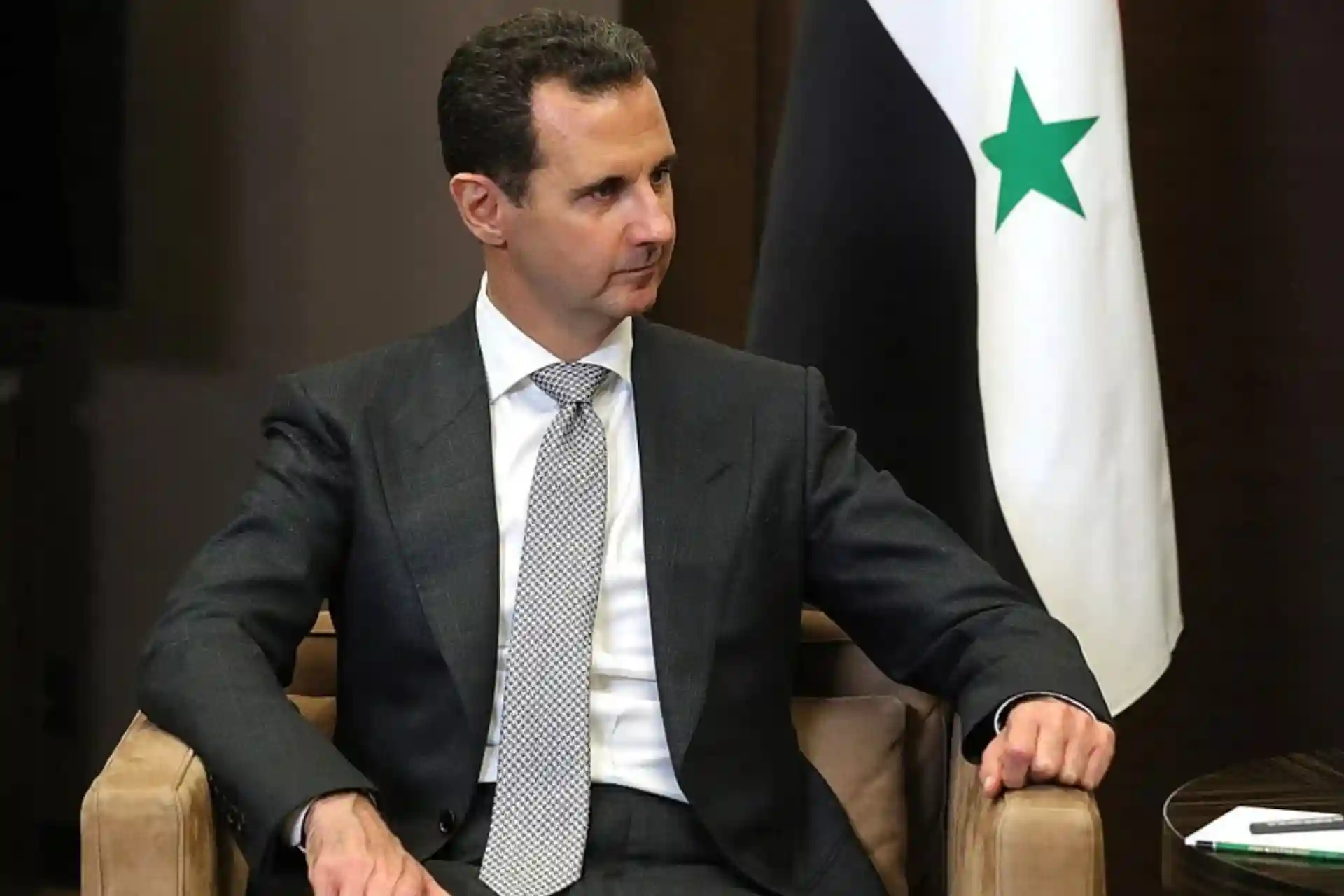09.12.2024 16:36
2005
What does the collapse of the Syrian regime mean for the Arab region?
For more than half a century, I have personally observed the situation of Arab societies and citizens and covered them as a journalist. The conclusion is that not a single Arab country has passed these four tests - stable statehood, true independence, civil rights, and sustainable and just human development - from an article by journalist and analyst Rami Khori.
On December 8, after a swift offensive that lasted less than two weeks, Syrian opposition forces entered Damascus and declared the end of Bashar al-Assad's regime. The Syrian president and his family were believed to have fled in an unknown direction before the rebels entered the capital. Later it was reported that they reached Moscow.
The uprising against the Syrian government, which ended half a century of rule by the Assad family, should be seen as one of the most important political turning points in the modern Arab region since the end of World War II and the creation of Israel in 1948. This would mean breaking with the legacy of the military-based Arab autocrats who have dominated and destroyed Arab societies since the 1950s.
While many rightly welcome Assad's ouster, others are concerned about what will happen next in Syria as various domestic and foreign powers intervene. The Syrian people want to live a decent life, to be respected and noticed, and to have their voices heard.
At this time, it is important to reflect on the nature of the tragic events of Syrian governance and civil war. Syria under the Assads does not just reflect a few local tyrants. On the contrary, it is an example of brutal Arab state power that has turned the region upside down for half a century, humiliated its people, acted with the help of regional and great powers and various non-state groups.
The Assad regime is the longest-running military, foreign-backed, and clan-based autocratic government to dominate the Arab region, and it has destroyed its people, its economy, and its national integrity.
The Syrian experience shows all the debilitating symptoms of a general Arab autocracy. These are widespread and must be systematically eradicated from Arab societies. These include the lack of real pluralism and accountability through credible participatory institutions; military and police brutality, mass incarceration, torture and death; centralized economic planning that creates corruption among elites and deep divisions across the country; includes the absence of structural connections between citizens and the state that can create policies that reflect the consent and will of the governed.
The Egyptian revolution of 1952 marked the beginning of a destructive military Arab rule that expanded even more rapidly after Israel's defeat of Arab forces in 1967. Bashar al-Assad's father, Hafez, was one of the Arab officers who seized power in various Arab countries over the next two decades and forced them into crisis.
For decades, these officers were neither able to wage war nor to govern effectively. As a result, since the 1990s, except in a few rich oil-producing countries, most Arabs have experienced a sharp decline in access to adequate education and health care, jobs, adequate food, water and electricity, and other basic necessities.
Regional surveys show that very few Arabs (mostly among a small elite in oil-producing countries and elsewhere) enjoy a prosperous life, and many have neither political rights nor a decent material life. Inequality and poverty continue to increase in Arab societies.
They have responded by challenging the state, joining its corrupt system, or retreating into smaller tribal, religious, or ideological groups to protect themselves and survive threats from their state, Israel, and foreign powers.
The most powerful Arab movements that challenged the militarized model of power were Islamists, both armed and peaceful. In Syria, a peaceful protest movement was suppressed with brutal military force, and the uprising quickly turned into a civil war.
This undermined national unity, led to the proliferation of armed groups, and opened the way for foreign intervention.
What happened in Syria should be a warning signal to all Arab autocrats. In the region, Arab states' lack of reliable constitutional or electoral support from their own people creates political tension.
For more than half a century, I have personally observed the situation of Arab societies and citizens and covered them as a journalist. In conclusion, not a single Arab country has passed these four tests: stable statehood, true independence, civil rights, and sustainable and just human development.
Ignoring the signals Syria is sending to the world about every ordinary citizen's deep will to live in freedom and dignity is truly foolish. If we continue business as usual with existing state and economic systems that have failed to serve their people, we will be complicit in denying them to the Arabs.
Rami Khori, journalist, analyst



